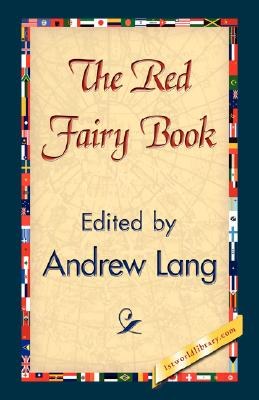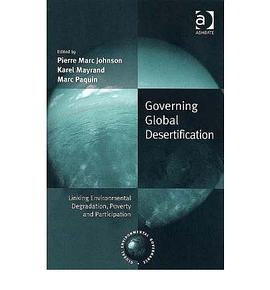

具体描述
In Poeticized Culture, James Hersh shows the John Rawls' framework of liberal public reason (Political Liberalism, 1993), within which he proposes his scheme of justice as fairness, includes an unacknowledged call for a Richard Rortian "poeticized culture." Hersh argues that, despite Rawls's intentions, his framework within which he proposes justice as fairness demands a Rortian ironic perspective and does not allow for citizens to hold absolute or literal religious beliefs. Hersh argues that this Rortian perspective makes Rawls's justice as fairness the most reasonable scheme for the world's emerging democracies, particularly for those democracies emerging in the Middle East where literal religious beliefs are held with such fervor.
作者简介
目录信息
读后感
评分
评分
评分
评分
用户评价
相关图书
本站所有内容均为互联网搜索引擎提供的公开搜索信息,本站不存储任何数据与内容,任何内容与数据均与本站无关,如有需要请联系相关搜索引擎包括但不限于百度,google,bing,sogou 等
© 2026 book.wenda123.org All Rights Reserved. 图书目录大全 版权所有




















